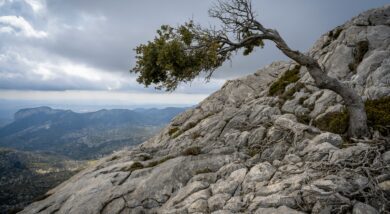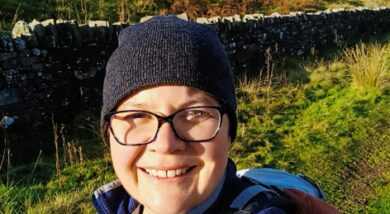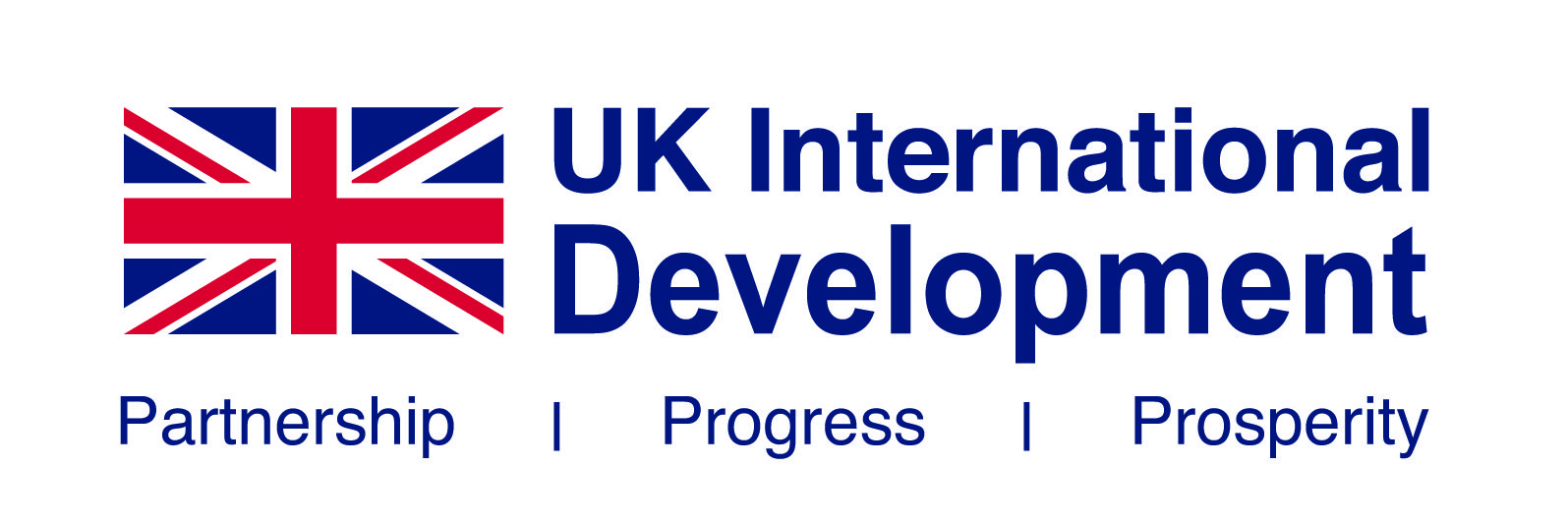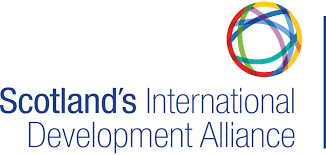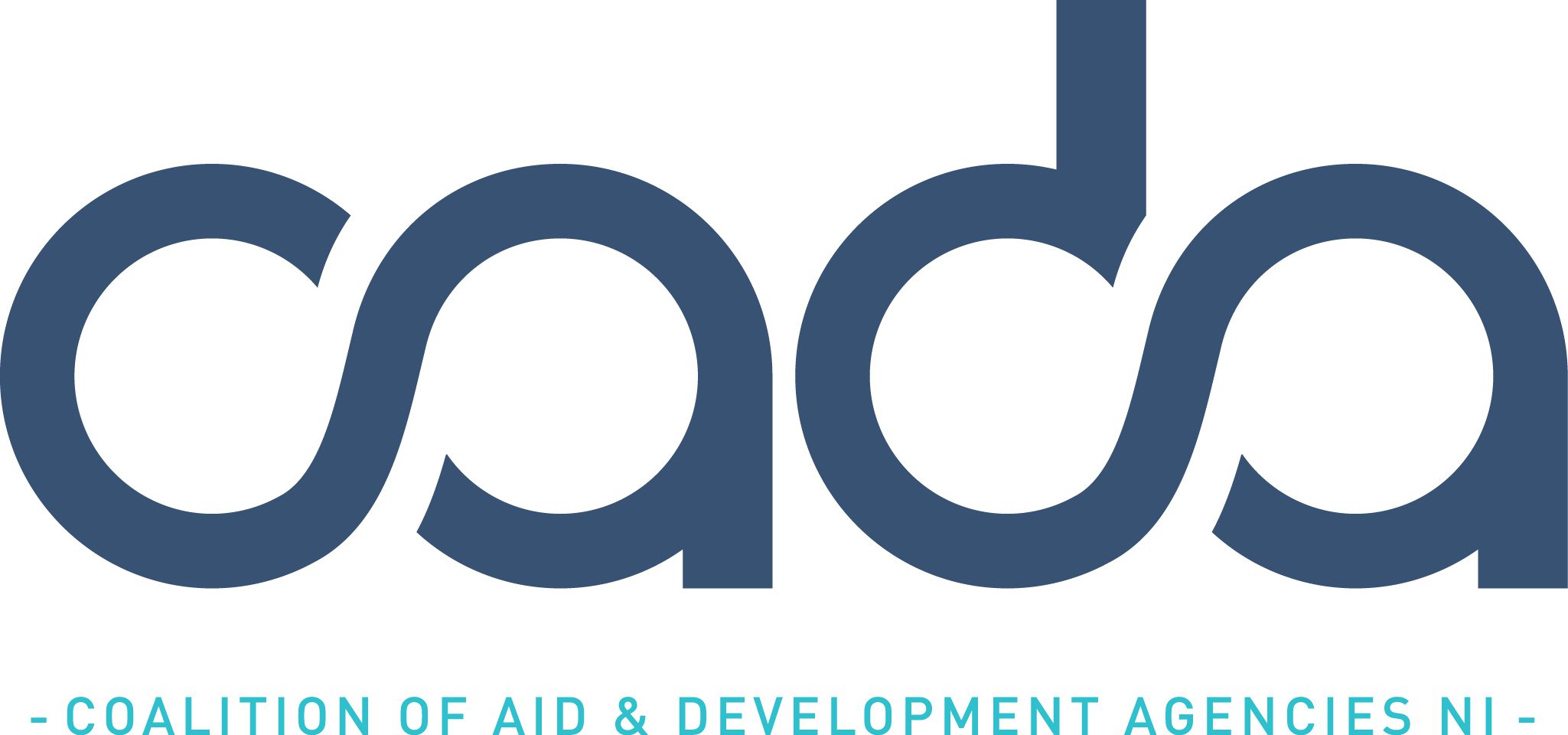25 April 2024
Celebrating Earth Day at SWIDN

This week in celebration of Earth Day, we heard from researchers across the South West whose work contributes towards knowledge and practice to tackle the climate crisis. This session was very kindly chaired by Dr Hannah Peck from SWIDN member Cool Earth, a Cornwall-based organisation working to protect rainforests and address social and climate injustice that people in rainforest-nations are facing. Cool Earth have benefited from their collaboration with academic researchers and are also currently running a basic income pilot in a new approach to rainforest protection and a step forward in addressing climate injustice.
First on our panel was Katharina Richter from the University of Bristol, who shared about the concept of Buen vivir, an Andean concept of ‘Good Living’ based on principles of solidarity and reciprocity with the human and non-human world. It’s an umbrella term widely recognised across Latin America that describes ways of living in harmony with oneself, ones community and also with nature. Katharina explained how this indigenous concept relates to the idea of degrowth, with degrowth being a growing social movement and field of study that tries to address harmful consumption and production. The concept considers democratic and equitable resource use and creating non-capitalist alternative practices that centre care, communal resource governance and knowledge-sharing as an alternative to policy and practice that only prioritises economic growth. We found the ideas behind degrowth fascinating for our sector, particularly in relation to the debate that many donors take an economic approach to development that prioritises worker capacity over the realisation of rights. Katharina’s work argues that embedding humans into nature is essential for climate justice, and that this process is reliant on wide-reaching cultural change that complements the changes that degrowth argues for.
Dr Sophia Hatzisavvidou shared about her work on transitioning away from carbon-intensive production towards more sustainable ways of working that also address social inequalities. Complementing the focus of localisation within international development, Sophia is interested in local and indigenous knowledges that help us understand sustainable transitions and find place-specific solutions to local climate justice issues. Many of the groups Sophia works with raise concerns about the relentless focus on economic growth and the impact this has on social inequalities. There is quite a lot of evidence to support economic growth as ways of addressing social inequalities, but there is far less evidence linking economic growth with ecological benefits. Sophia’s work considers this synergy and how local knowledges can inform better, more appropriate policies to address local needs.
We then heard from Léna Prouchet, a PhD researcher from the University of Exeter, who shared about collaboration between NGOs and academics and particularly relating to research in indigenous contexts. Léna works with Cool Earth in the Peruvian Amazon. Léna particularly highlighted the recognition of positionality; what it means to be a white, Western woman going into an indigenous Amazonian community for research and how this position might influence both the data gathering and analysis. This is relevant to our sector practice on localisation as we consider how our role as UK organisations impacts our practice and understanding of global challenges. Léna also reminded us of the value of being in communities to learn from them, and the importance of new ideas and thoughts coming from engaging directly with the people we are working with.
We then heard from Dr Yixian Sun from the University of Bath who shared about his work on Just Transitions. Yixian’s interest is broadly in how global governance institutions interact with and influence local government practice. The core of the concept of ‘just transitions’ is about equity and justice and is a labour-oriented concept, emerging from labour unions in the US that highlight the negative impacts on employment of high polluting industries. The notion of ‘Just Transition’ is included in global climate governance, first in 2010 in the Cancun Agreements, and again in the Paris Agreement and most recently in COP27. Yixian highlighted how achieving Net Zero relies on a transformation of the economy, and that identifying the principles of Just Transition is key in order for the concept to be operationalised in practice.
We loved hearing from our regional researchers, making the links with our practitioner members, and learning about efforts to tackle climate injustice in ways that value indigenous knowledges and align with bigger picture ideas of how we live and learn. You can watch the recording of the session here.
Thank you to our panel of researchers for sharing their work and time and to Dr Hannah Peck for chairing the session!
Further Reading and Resources
Cosmological Limits to Growth, Affective Abundance, and Rights of Nature: Three Lessons for Degrowth from Engaging with the Practice of Buen Vivir/Sumak Kawsay – Dr Katharina Richter
Cool Earth’s Basic Income Pilot – Q&A
Léna Prouchet on Indiginous Entrepreneurship
Just Transition in the Post-Pandemic City – Oscar Berglund, Jess Britton, Sophia Hatzisavvidou, Celia Robbins, David Shackleton
Less is More – Jason Hickel
The Green Transition – Upstream Podcast
Understanding clean energy and development synergy is key to SDGs – Seife Ayele

